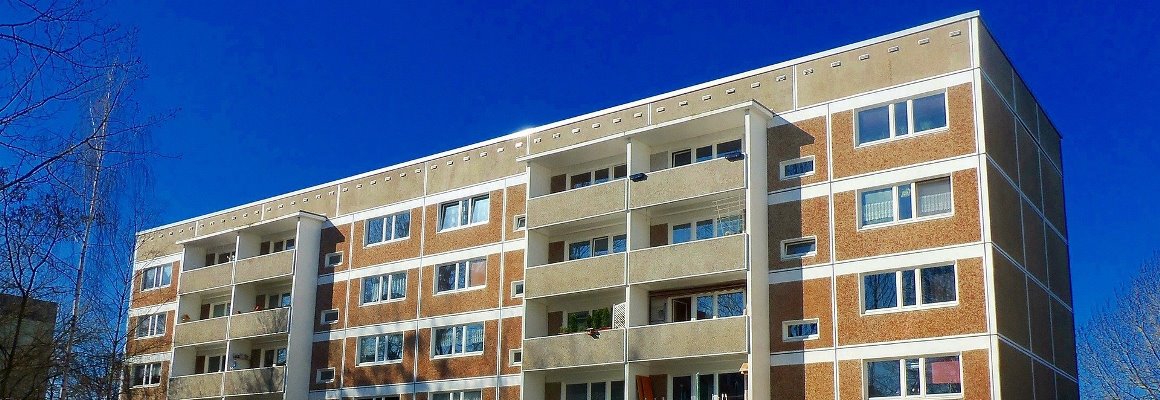Deeds Of Variation: Definition
A deed of variation is a quick, useful and cost-effective way to make small but important changes to legal documents. Deeds of variation are often used to amend property leases, wills and contracts.
They can be used to change the underlying terms of a lease, a will or an agreement to meet new circumstances or to correct an obvious error.
Deeds Of Variation For Residential Leasehold Property
Owners of flats and other residential leasehold properties can have leases that extend to more than a century. Indeed, any lease with fewer than 80 years to run is considered short.
And while that provides continuity and security, from time to time it poses the odd issue – especially where new technology is concerned. Many of those leases would have been drawn up decades ago – so they don’t take into account the huge societal changes of recent years.
Many leases contain rules that ban the running of a commercial business from a residential leasehold property. But clauses such as this were drawn up long before Covid19 lockdowns made WFH/hybrid working more commonplace.
They were intended to stop tenants from running noisy or disruptive commercial operations that might annoy their residential neighbours. These covenants were never intended to stop someone from tapping quietly on a computer keyboard in their home office.
So a deed of variation is a good way to bring a lease up to date – preventing leaseholders from unwittingly falling foul of the strict liability of its terms.
More Reasons For A Leasehold Deed Of Variation
Electric vehicles are a topical example: EV owners need to install charging points at their blocks of flats – but that can involve varying the lease. This is because EV points could be classified as an improvement to the property – rather than normal repairs and maintenance.
But the issue need not be something as complex as that. I currently have a case where the heating system has to be changed at a property. This requires a deed of variation, simply because of the way in which the new heating system will work.
Other examples include removing onerous ground rent provisions (particularly when the freehold has been purchased) or introducing a ‘no Airbnb’ restrictive covenant if the flat owners are all in agreement.
Sometimes the plan of the property might not be correct. Or the rights/obligations have not been properly drafted in the first place. In these instances, the lease would need to be amended with a deed of variation.
Does Everyone Need To Agree To A Leasehold Deed Of Variation?
Generally, all parties would need to agree (so deeds of variation do have their limitations). But there are certain circumstances in which statutory options can be used to amend a lease where there is not 100% agreement.
If there is a significant majority in favour of a proposed variation (but not every party agrees), an application can be made to the First-tier Tribunal (FTT) to vary all of the leases under Sections 35 to 40 of the Landlord and Tenant Act 1987.
Deeds Of Variation For Wills And Probate
Deeds of variation can be used to modify a person’s will after they have died. This is usually to help with tax planning – such as skipping a generation.
Here’s one scenario…
The husband dies, the widow already has sufficient means but the husband left her everything in his will.
A deed of variation can be used to help reduce future tax on the widow’s death by passing assets from the husband’s estate to the children. However, there is a short time limit and there can be tax implications. So it is strongly recommended that you take legal and tax advice.
This also serves as a timely reminder that you should review your will regularly – typically every three years, or whenever there has been a significant change in your financial or family circumstances.
Find out more here about wills. There are examples of trigger events that should prompt a review of your will in the section marked ‘How Do I Change My Will?’
Varying Partnership And LLP Agreements
Just like a lease, a partnership or limited liability partnership (LLP) is a long-term agreement. And you may not want to keep rewriting the whole document every time there is a change.
If all the partners agree, a deed of variation can be used to adjust the partnership/LLP agreement to meet some new requirement.
Contracts: Novation Agreements
Sometimes it is cheaper and quicker to start again. You can cancel a contract (with consideration) and restart a new contract. This is called novation.
A novation agreement can be used to transfer obligations from one party to another. This is called Expromissio: a new third party takes on the legal obligations of one of the other two parties.
All parties involved (usually a transferee, transferor and counterparty) must agree to the changes.
Rectification Of Contracts
Sometimes both parties to a contract do not agree that the contract has an error.
In certain circumstances, you can ask the court to rectify an agreement that contains an error – even if the other side does not agree. A deed of variation would be used if the claim were settled.
Get Expert Legal Advice On Deeds Of Variation
- For residential leasehold deeds of variation, contact Associate Solicitor Nick Leedham.
- For matters relating to wills and Inheritance Tax (IHT), contact Partner Anthony Weber, Head of Wills and Probate.
- Managing Partner Neil Andrews is the Head of the Commercial department. Contact him about deeds of variation in contract law, disputes and litigation.







